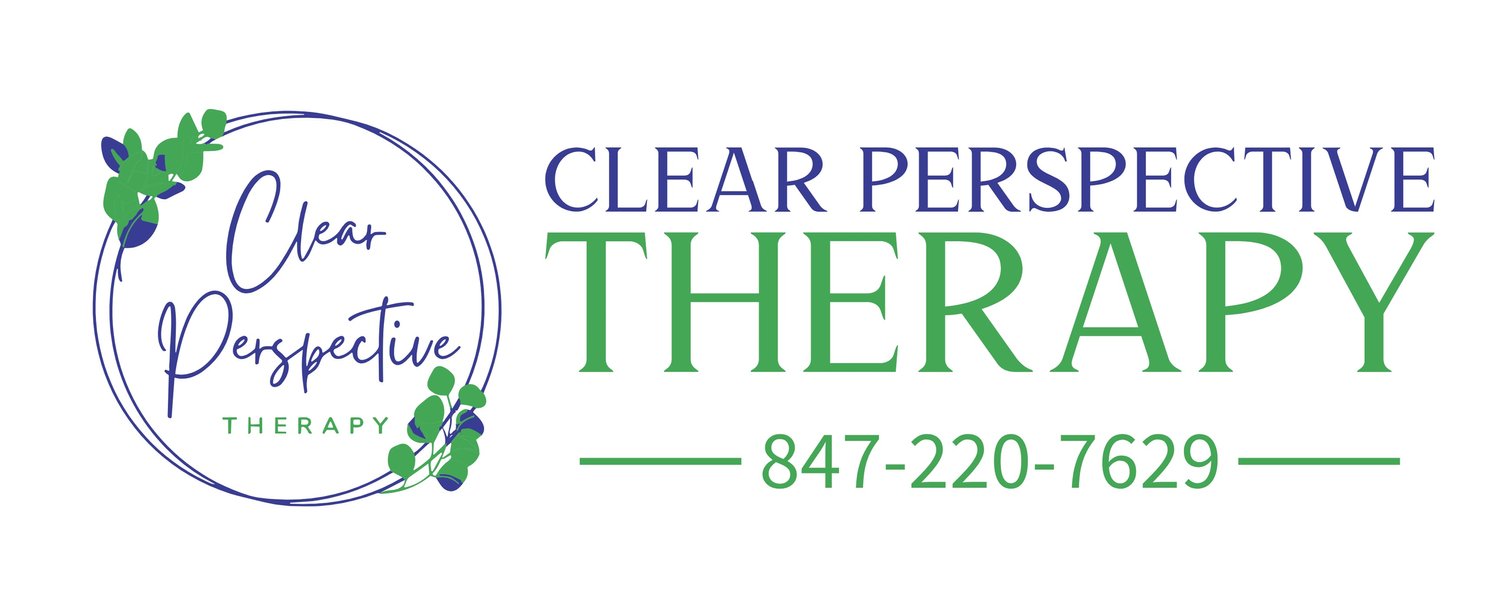How do I know if I have ADHD?
How do I know if I have ADHD?
The term “ADD” or “ADHD” flies around so often it should be chartered by a pilot. We often say, “it’s my ADD” as a joke or misnomer when we are feeling distracted or disorganized. In a well placed joke, it may even be funny as long as it is not at the expense of someone else.
“ADHD has always been my biggest struggle in life, but you are gonna LOVE this yoyo trick”
What is ADHD?
ADHD or Attention Deficit Hyperactivity Disorder is a neurological hard wiring in the brain that creates a host of deficiencies and/or difficulties with daily life. Oftentimes, it appears in the form of anxiety, rigidity, learning difficulties or “laziness.” It often goes wildly undiagnosed in childhood and creates a host of difficulties socially, academically, and within the home. Undiagnosed children may be at a greater risk of highly frequent punishments and corrections from parents and others, which can result in low self worth, low self esteem and further bringing down their confidence. Quips like “You’re so lazy,” and “Are you stupid?” cut deep and can cause a child to seek outside escape or validation such as substance use or promiscuity.
ADHD is characterized by multiple deficits in our Executive Functioning. All people have Executive Functions. It is how we manage time, organize our stuff, manage our emotions, maintain attention to tasks, adapt to change, and plan our day/complex activities. When we find there are deficits in one or more of these areas, it can pose a great disadvantage when operating in the world.
There are three types of ADHD: Inattentive, Hyperactive or Combined type.
The main signs of inattentiveness are:
having a short attention span and being easily distracted
making careless mistakes – for example, in schoolwork
appearing forgetful or losing things
being unable to stick to tasks that are tedious or time-consuming
appearing to be unable to listen to or carry out instructions
constantly changing activity or task
having difficulty organizing tasks
The main signs of hyperactivity and impulsiveness are:
being unable to sit still, especially in calm or quiet surroundings
constantly fidgeting
being unable to concentrate on tasks
excessive physical movement
excessive talking
being unable to wait their turn
acting without thinking
interrupting conversations
little or no sense of danger (NHS.uk)
Of course, we all experience many of these signs and symptoms from time to time. But if we find that there is a constant level of dialogging and noise happening within your own brain that makes it hard to stay on task (think, read, plan), you may have ADHD. Additionally, if any of these symptoms persisted for as long as you can remember, you may have ADHD.
So now what?
The most formal way to be diagnosed with ADHD would be through a neurological and/or psychological exam. Those appointments are often hard to get, have long wait times and are really expensive. If you would like a definitive answer, and you have the resources take this route for sure.
Another way is to fill out a screener and discuss the results with your primary care physician. You may find that you are validated in knowing the answer and you can start the process of learning tricks and techniques to crack the code of your ADHD. Mental Health therapy and medication are often the most effective combination of tools to improve quality of life. If medication is not an option, therapy to identify deficits and learning techniques to improve your symptoms can be of great help as well.
Many therapists take insurance plans and/or offer a sliding scale fee structure. Therapy is a great way to build self esteem, forward your career, improve emotional management and enhance your relationships.
No need to worry. If you have ADHD, we need to celebrate that. Neurodiversity is complex, beautiful and mysterious. There are so many gifts that come with diversity. You are awesome.
- j
